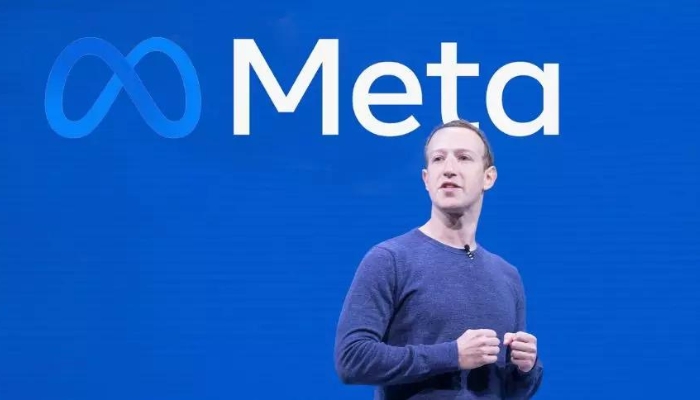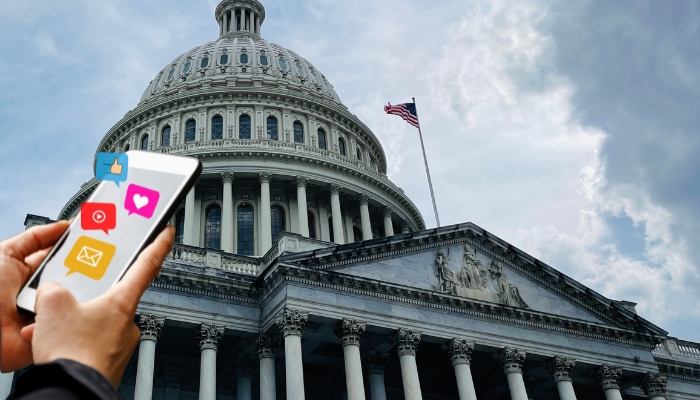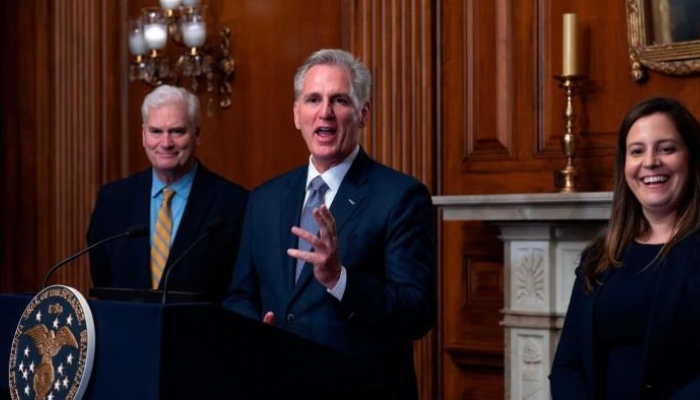Tesla’s Self-Driving Safety Concerns Spark Boycott Campaign
Anúncios
Tech entrepreneur Dan O’Dowd and his organization, The Dawn Project, have launched a bold campaign against Tesla’s self-driving software, accusing the automaker of prioritizing profit over safety. With the airing of two Super Bowl ads urging consumers to boycott Tesla’s products and stock, O’Dowd continues his crusade against what he perceives as dangerous technology.
Safety Concerns and Allegations
The ads produced by The Dawn Project feature real crash footage and incidents involving Tesla vehicles equipped with Autopilot and Full Self-Driving features. These portrayals of accidents, including collisions with stationary objects and pedestrians, aim to underscore the potential risks associated with Tesla’s autonomous driving systems. O’Dowd and his organization assert that Tesla’s self-driving software is defective and poses a significant danger to public safety.

[su_button url=”https://www.growcredit.com/” style=”flat” background=”#ff9900″ size=”15″ icon=”icon: credit-card-alt”]DISCOVER THE GROW CREDIT MASTERCARD[/su_button]
Tesla’s Response and Position
Tesla, led by CEO Elon Musk, has not publicly responded to The Dawn Project’s allegations or the airing of the Super Bowl ads. However, the company has previously defended its Autopilot and Full Self-Driving features, emphasizing their potential to enhance road safety when used responsibly. Tesla maintains that its systems are continually improving through over-the-air software updates and rigorous testing.
Public Perception and Awareness
The Dawn Project’s campaign seeks to raise awareness among consumers about the potential dangers of Tesla’s self-driving technology. By leveraging high-profile events like the Super Bowl, O’Dowd aims to spark dialogue and encourage individuals to reconsider their support for Tesla. The airing of the ads in key media markets underscores the organization’s commitment to amplifying its message and holding Tesla accountable for any perceived safety deficiencies.
Regulatory Scrutiny and Industry Oversight
Tesla’s self-driving technology has faced scrutiny from regulatory agencies, including the National Highway Traffic Safety Administration (NHTSA) and the National Transportation Safety Board (NTSB). Investigations into accidents involving Tesla vehicles equipped with autonomous features have raised questions about the reliability and effectiveness of these systems. While Tesla has implemented software updates in response to safety concerns, the debate over the regulation and oversight of autonomous driving technology continues.

Future Implications and Considerations
The outcome of The Dawn Project’s campaign and the broader debate surrounding Tesla’s self-driving software will have significant implications for the future of autonomous vehicles. As the automotive industry continues to invest in and develop self-driving technology, ensuring the safety and reliability of these systems remains paramount. Public perception and trust will play a crucial role in shaping the adoption and acceptance of autonomous driving technology in the years to come.
In conclusion, The Dawn Project’s campaign against Tesla’s self-driving software highlights the ongoing debate over the safety and regulation of autonomous vehicles. With real crash footage and allegations of safety deficiencies, the organization aims to raise awareness and prompt action among consumers. As Tesla and other manufacturers continue to advance their autonomous driving systems, addressing safety concerns and building public trust will be essential for the widespread adoption of this transformative technology.
See also: Germany ‘s Economic Turbulence: Challenges Ahead
[su_button url=”https://www.growcredit.com/” style=”flat” background=”#ff9900″ size=”15″ icon=”icon: credit-card-alt”]DISCOVER THE GROW CREDIT MASTERCARD[/su_button]






